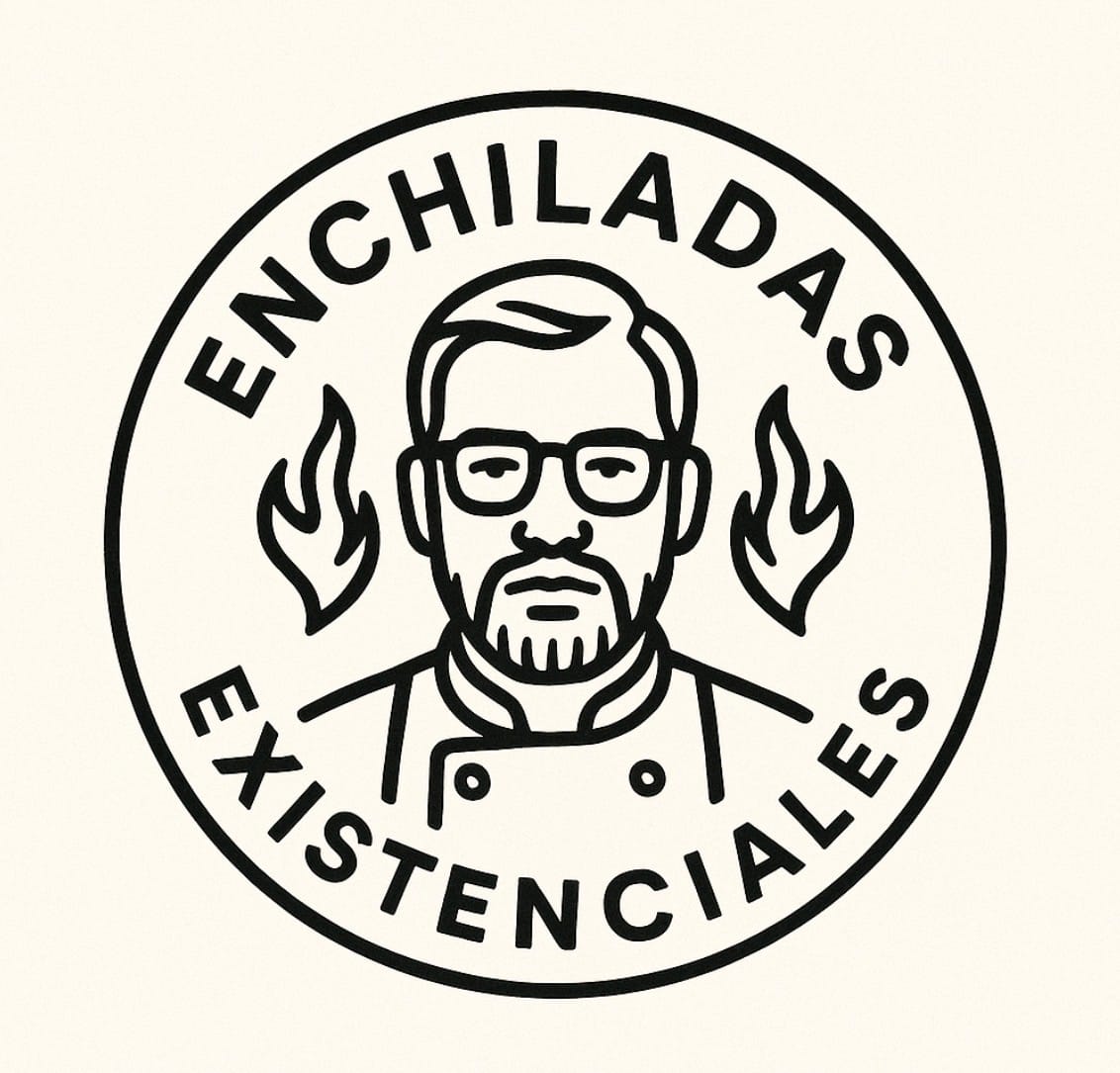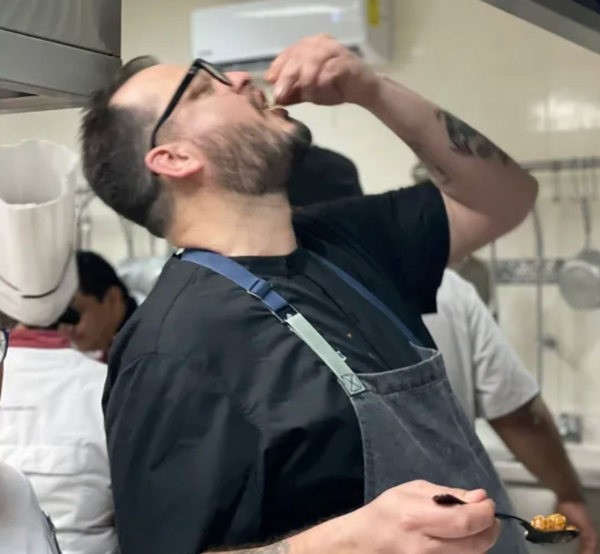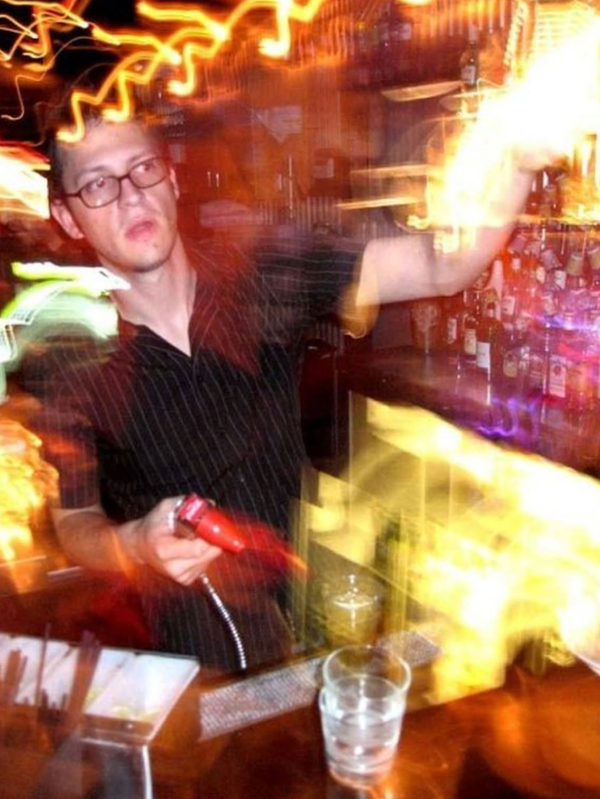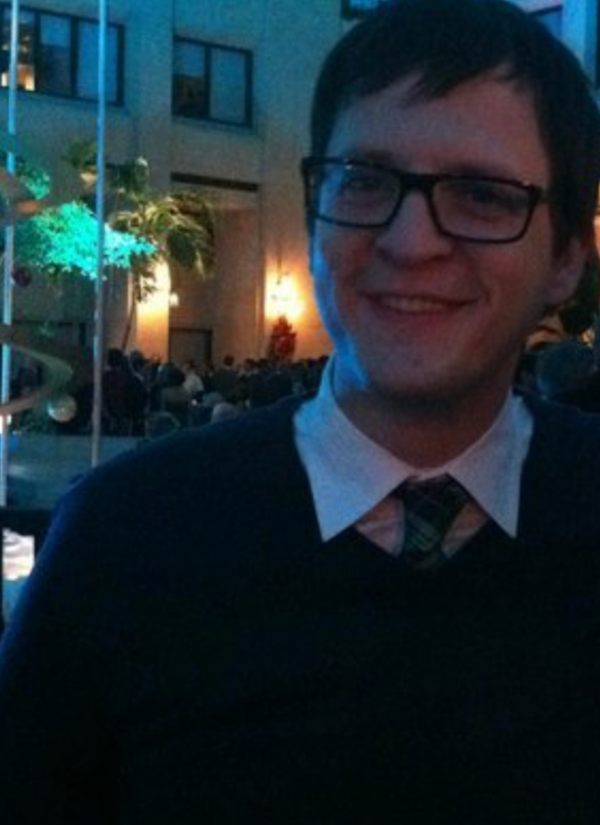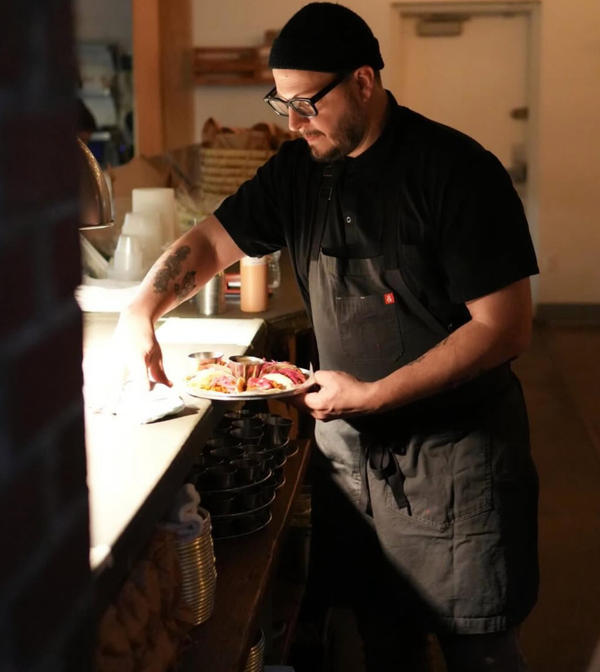The Quiet
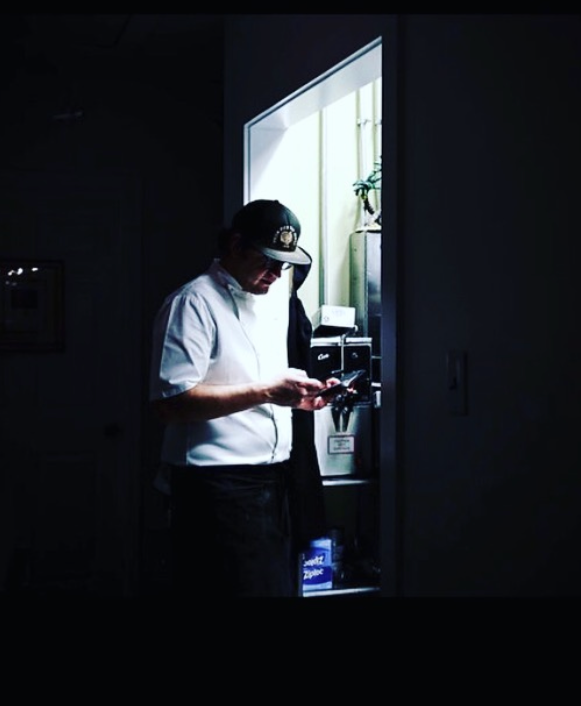
Amparo just hit its two-year mark. Three if you count the year of build-out. Two years of excitement, fear, heartbreak, survival, and grace. I stopped for a moment this week, like, truly stopped and tried to take it in. What’s happened, what hasn’t. The wins, the stumbles, the long nights that bled into mornings. It’s strange to look back at something that nearly dismantled you piece by piece to nothingness and realize you’d still do it all again, hands down. I think about the people who came and went, the ones who said they’d never leave, the ones who drifted quietly into the night or day. Everything happens for a reason, they say, and maybe it does. But the cruel and real truth is that when you least expect it, the people you thought would be forever are usually the first to drop at the first glimpse of difficulty.
Everybody wants to be part of the outcome, not that many want to be part of the process, but in the process is where you find the real ones.
There’s a moment, long after the last guest and the last team member has left, when the restaurant finally exhales. The lights dim, the last ticket curls in the spindle, and what’s left isn’t victory, it’s silence. A strange kind of silence, the kind that rings in your ears so loudly because you’ve been screaming (in your head or in real life) through the storm for six straight hours. You look around and everything’s still warm; the grill, the metal, your bones. The air smells like intensity and salt and ghosts. This is the quiet after service.
It’s addictive, that calm. It’s deceptive, too. Because behind it lies a mountain of sacrifice of things I traded, sometimes willingly, sometimes not.
When I opened Amparo, I thought I knew what I was chasing: purpose, meaning, a future. I wanted to build something that outlived me, something that carried my soul but spoke to more than just me. I wanted to create a space where every plate told a story about home, migration, and belonging. I thought I could do it all; be a husband, a leader, a creator, a man with balance and control.
But the truth is, service doesn’t let you belong to anyone else. It draws you in, takes your hand like an old lover, and pulls you deep into its heat. It silences everything else family problems, finances, the noise in your own head around you insecurities, self-doubt and inadequacies until nothing exists but the ticket in front of you. It’s a drug, this life. The rush, the rhythm, the need to keep pushing. You chase perfection, then punishment, then peace, sometimes in that order, sometimes all at once.
I was married before the restaurant opened. Divorced before the first anniversary. That’s the part they don’t tell you when they romanticize the grind. The industry eats people who believe they can balance both love and service. I’ve thought more than once I could be the exception or that this time it would be different. I wasn’t. It wasn’t. The restaurant became my marriage. My staff, my family. The kitchen, my confessional and my fucking executioner.
There were nights when the sound of the ticket printer was louder than my own thoughts. Nights when I’d stand over the pass, the last ticket gone, the adrenaline fading, and feel the weight of what I’d lost pressing down on me harder than the heat ever did. I’d go home to silence, not peace, just absence. The kind that echoes.
That silence became both the reward and the punishment. I learned to cope with dysregulation the way so many in this business do; with cigarettes, alcohol and sex. No matter how off the wagon I was, no matter how many promises I made to myself to take it easy “this week,” the moment the chaos ended and the silence set in, my body would scream for it. It still does to some degree. The continuation of the calm. The next phase of quiet. That first pull of a cigarette after sixteen hours on my feet. That first drink that feels less like indulgence and more like punctuation, a small ceremony that says, you survived another one.
It’s a cruel comfort, that ritual. The way you try to hold on to the stillness, to the emptiness that feels like peace but really isn’t. You know it’s destructive, the alcohol, the nicotine, the loneliness disguised as reward, but for those few minutes, it feels like the only thing that’s truly yours. Then reality comes back, the bills, the noise, the texts you haven’t answered, the person you used to love who doesn’t call anymore and so you chase the silence again, one drag, one sip at a time.
I’ve tried to break the cycle. God knows I’ve tried. Therapy, meditation, journaling, exercise, all the “healthy replacements.” Some of them work, most of them don’t. The truth is, the addiction isn’t to the substances, it’s to the contrast. The switch between chaos and stillness. Between chaos and quiet. Between being someone and being nothing at all.
I don’t regret it. Not fully. Because through that chaos came growth; brutal, unflinching growth. I learned to cook past heartbreak, to lead through exhaustion, to love people in the only way I knew how: through food. I built something that outlasted the pain. And somehow, in that, there’s grace.
These days, when the last plate hits the pass and the team finally breathes, I try to honor the quiet. I wipe down the station a little slower. I leave the lights half on and sit for a second, listening to the emptiness. It’s my reminder that the world doesn’t stop for ambition, but it will wait for gratitude, if you let it.
La Ofrenda: Shhhhh...
The quiet after service used to scare me. Now I see it as a ritual: a small, sacred moment to come back to myself before the next storm. You don’t need incense or a mantra; just a little space, a little stillness.
For me, it’s food. Something humble. Something that asks nothing of me except to sit down and eat.
Late-Night Ritual: Fried Rice with Salsa Macha, Egg, and Whatever’s Left
One pan, high heat. Leftover rice, Maggi, and a fried egg on top. A squeeze of lime if there’s one rolling around and a healthy spoon-full of salsa macha. You scrape the bits off the bottom of the pan (those are the best parts) and eat it standing over the sink, no music, no phone, no bullshit.
It’s not about the dish. It’s about the stillness between the bites, the reminder that you’re still here. Because that’s what this life takes, and what it gives back in equal measure: everything.
